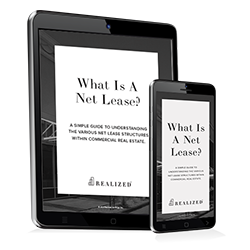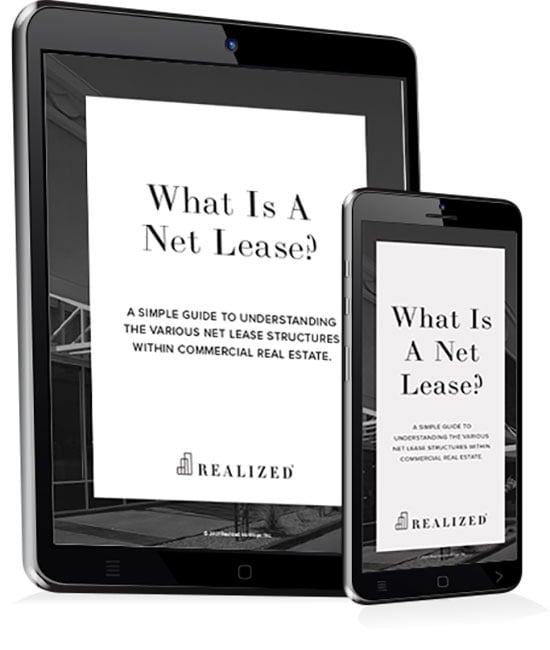
As a property owner and investor, executing a lease with a tenant might seem like a routine matter. However, many different types of lease structures are used throughout the commercial real estate industry. A landlord can choose among gross, modified gross, and several variations of a net lease to find the form that best meets their needs, depending on the property and the tenant.
Gross Versus Net Lease
When you employ a triple net lease, tenants pay the operating costs for the property, including taxes, insurance, and maintenance. In most cases, the base rent will be lower since the landlord isn't responsible for the other costs. In contrast, if the arrangement is a gross lease, the landlord handles all the expenses and factors them into the tenant’s monthly base rent upfront. In theory, the financial result should be the same. The differences are in control and administration.
There are other net lease options aside from the triple net lease structure. The first is a single net lease, in which the tenant is responsible only for paying property taxes plus base rent. The second option is a double net lease, where the tenant is responsible for paying rent, taxes, and insurance. Tenants under a triple net lease also pay for property maintenance and some repairs.
What are the Advantages of NNN?
There are several benefits for landlords and investors in choosing a triple net lease. First, triple net leases are typically long-term agreements (usually ten years or more) with rental increases specified in the lease agreement, so landlords don't have to worry about finding new renters every year or two. The tenants are often high-quality, national corporations that want the security of a long-term commitment and control of their space without owning the real estate. For example, credit-worthy retail chains, fast service restaurants, medical service providers, financial service companies, and similar corporate entities prefer the convenience and control of the triple net lease.
The owner doesn't have to be involved in the upkeep, insurance, or tax costs and has virtually no ongoing oversight responsibility. One exception is if the property is a multi-tenant building without a master tenant, but this is unusual.
For tenants, the advantage is security and control. A business with a NNN lease has long-term access to the location and can make changes they want without seeking approval from the owner. In addition, they can manage repairs and maintenance according to their preferences and don't have to worry about rent increases because the schedule is in the long-term agreement.
The 1031 Advantage
For investors, properties attractive to triple net lease tenants may be ideal possibilities for a 1031 exchange. A 1031 can be used to buy and sell a property with a triple net lease or suitable for one. Further, since the tenants are often high-quality companies, the investor may benefit from liquidity if needed. In addition, using a 1031 exchange to acquire the property may allow the investor to defer capital gains taxes, thus making more of the proceeds from a sale available for reinvestment. Finally, since 1031 exchanges can be sequential, the tool's power can increase with repeated execution.
Triple Net Lease Drawbacks
Although the triple net lease structure may benefit many landlords, there are potential drawbacks. For example, if average rent increases during the lease term more than the agreement allows, the landlord could miss out on an opportunity by being locked in over the long term. Also, after the same tenant has occupied a property for 10+ years, the space may require significant improvements to make it suitable for the next tenant.
Because the tenant manages the building's maintenance, an irresponsible renter may let certain repairs slip through the cracks or use cheap band-aid solutions to mask more significant issues. If this happens, the landlord may be responsible for covering costly repairs left untouched over the lease's 10+ year period. Therefore, investors should review the lease agreement and use oversight to protect against negligence by the tenant.
This material is for general information and educational purposes only. Information is based on data gathered from what we believe are reliable sources. It is not guaranteed as to accuracy, does not purport to be complete and is not intended to be used as a primary basis for investment decisions.
Realized does not provide tax or legal advice. This material is not a substitute for seeking the advice of a qualified professional for your individual situation.
Costs associated with a 1031 transaction may impact investor’s returns and may outweigh the tax benefits. An unfavorable tax ruling may cancel deferral of capital gains and result in immediate tax liabilities.



